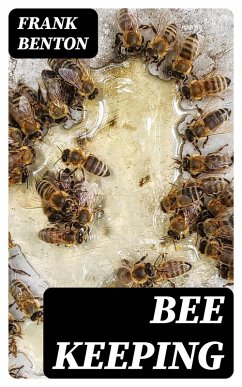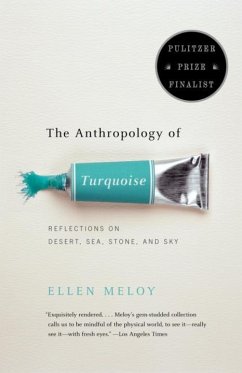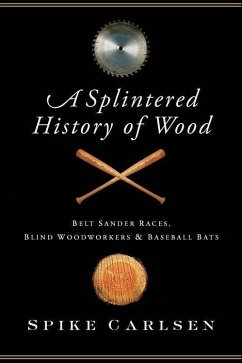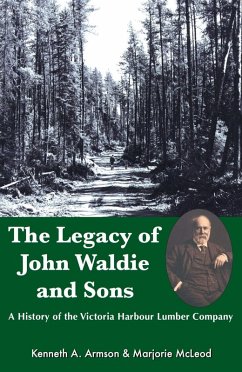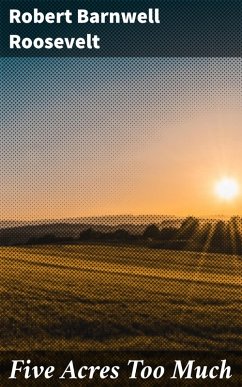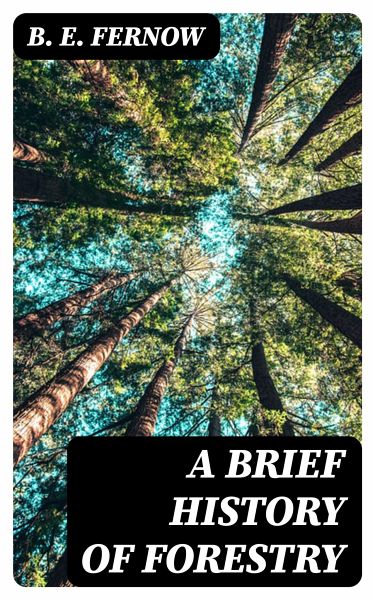
A Brief History of Forestry (eBook, ePUB)
In Europe, the United States and Other Countries

PAYBACK Punkte
0 °P sammeln!
In "A Brief History of Forestry," B. E. Fernow presents a comprehensive exploration of the evolution of forestry practices and the pivotal role they play in environmental sustainability. Fernow's analytical yet accessible prose weaves together historical narratives, scientific findings, and policy developments, creating a rich tapestry that details the interplay between human activity and forest management through the ages. This work not only traces the advancement of forestry as a profession but also critically examines its socio-economic impacts, situating the discipline within the broader c...
In "A Brief History of Forestry," B. E. Fernow presents a comprehensive exploration of the evolution of forestry practices and the pivotal role they play in environmental sustainability. Fernow's analytical yet accessible prose weaves together historical narratives, scientific findings, and policy developments, creating a rich tapestry that details the interplay between human activity and forest management through the ages. This work not only traces the advancement of forestry as a profession but also critically examines its socio-economic impacts, situating the discipline within the broader context of ecological conservation and land use. B. E. Fernow, a pioneering figure in North American forestry, brought his extensive agricultural and forestry background to this seminal text. Having served as the first dean of the New York State College of Forestry, Fernow was instrumental in establishing forestry as a legitimate academic and scientific discipline. His deep understanding of both practical forestry and theoretical frameworks enables him to articulate pressing issues surrounding deforestation, conservation policies, and the sustainability of forest resources, shaping efforts for responsible forest management. This book is an essential read for scholars, practitioners, and students alike, offering a foundational understanding of forestry's significance in contemporary environmental debates. Fernow's scholarly rigor, combined with compelling narratives, makes it a vital resource for anyone interested in the historical and future trajectories of forest ecosystems.
Dieser Download kann aus rechtlichen Gründen nur mit Rechnungsadresse in A, B, BG, CY, CZ, D, DK, EW, E, FIN, F, GR, H, IRL, I, LT, L, LR, M, NL, PL, P, R, S, SLO, SK ausgeliefert werden.






